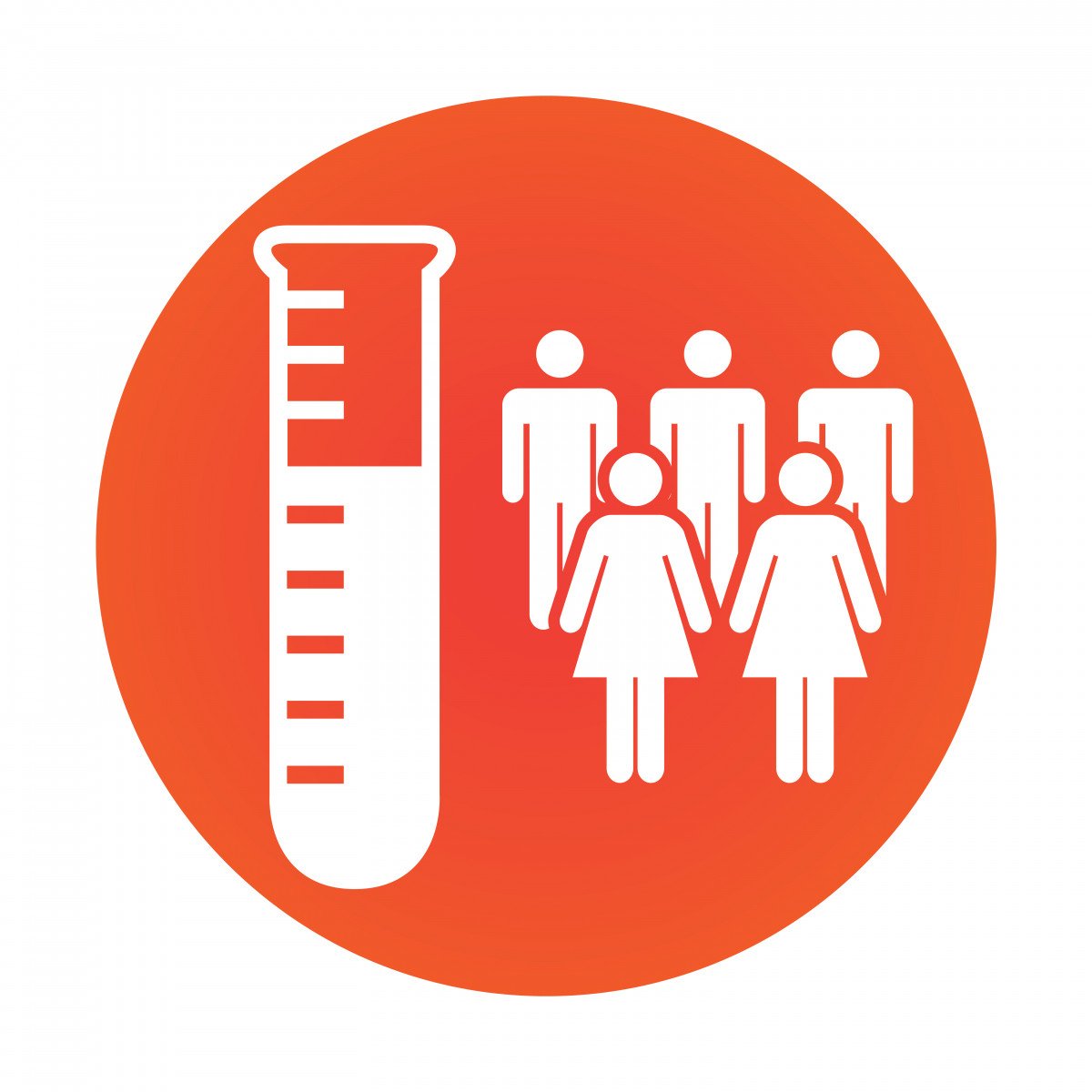Reata’s Bardoxolone for Alport Enters Phase 3 Trial After Improvements Seen in Phase 2

The Phase 2 portion of a clinical trial exploring Reata Pharmaceuticals’ bardoxolone methyl in patients with chronic kidney disease caused by Alport syndrome showed convincing results, allowing researchers to launch the Phase 3 part of the study.
The CARDINAL Phase 2/3 trial has so far recruited 30 patients in the Phase 2 part, and after 12 weeks of treatment, 90 percent had improved their kidney function by more than what researchers consider a minimal clinically meaningful improvement.
“The ongoing Phase 2 portion of CARDINAL demonstrated clear improvements in renal function that are large in magnitude, occur in a high percentage of patients, and are highly statistically significant,” Colin Meyer, MD, chief medical officer of Reata, said in a press release.
The CARDINAL trial (NCT03019185) assessed kidney function by measuring estimated glomerular filtration rate (eGFR), in which researchers calculate how much the kidneys are filtering by using blood marker levels and demographic information.
Participants in the study had an estimated filtration rate of 54.7 mL/min/1.73 m2. After 12 weeks of treatment, they had improved by 12.7 mL/min/1.73 m2 — nearly a doubling from the improvement seen after only four weeks of treatment.
By week 8, more than 80 percent of participants had improved more than the 3.0 mL/min/1.73 m2 that researchers consider a clinically meaningful improvement. After 12 weeks, 95 percent had improved their eGFR by at least 7.9 mL/min/1.73 m2, to 17.5 mL/min/1.73 m2.
“These results exceeded our expectations and bring us one step closer to the prospect of bardoxolone becoming the first effective treatment for this severe and life-threatening disease,” Meyer said.
After reviewing the data from the interim analysis, an independent data monitoring committee recommended opening the Phase 3 portion of the trial.
Unlike the Phase 2 part, in which all patients received the treatment, the Phase 3 part will randomize patients to receive either bardoxolone or placebo in a double-blind manner. This means that neither patients nor study staff will know which group a patient belongs to.
Patients in the trial are treated with renin-angiotensin-aldosterone system blocking drugs in addition to the experimental treatment.
The Phase 3 part will recruit about 150 patients who will be treated for 48 weeks before researchers measure their kidney function. Participants will then have four weeks off treatment before having repeated eGFR measurements — a measure known as “retained eGFR.”
The retained eGFR measure intends to prove that bardoxolone has disease-modifying activity in Alport syndrome.
Patients will then receive treatment for another year, before the withdrawal and retained eGFR procedure will be repeated.
If the Phase 3 study delivers positive results, it can serve as the basis for regulatory approval of bardoxolone for Alport kidney disease.
The trial is applauded by the Alport Syndrome Foundation, which has been collaborating with Reata in the development of the treatment.
“The Alport Syndrome Foundation has worked for 10 years to encourage the development of therapies that will delay or prevent the need for dialysis and transplantation in patients with Alport syndrome, and we are encouraged to see this trial move forward and hope this will bring us closer to achieving our vision, to conquer Alport syndrome,” said Gina Parziale, executive director of the Alport Syndrome Foundation.
“As there are no FDA-approved therapies to treat Alport syndrome, we are grateful to Reata for addressing this need and for engaging us in the process to ensure the patient perspective is incorporated,” she added.







Doly Levi
Dear,
Is it possible to join Phase 3 of the clinical trial explorin?
This is an 18 year old girl from Israel.
I know you were in contact with representatives in Israel
Magdalena Kegel
Hi Doly,
We at Alport Syndrome News are a news service merely reporting on the trial. Please contact trial staff directly to see if you would be eligible. You can find trial information, including contact details, at the trial registration webpage: https://clinicaltrials.gov/ct2/show/NCT03019185
Ayesha Iqbal
I am an aunt of a AS patient. She lives in Bangladesh. and will be here in America in January. she is 12 years old. Will you please tell me how will she be qualified for the trial?
Magdalena Kegel
Dear Ayesha,
We at Alport Syndrome News are not involved in the research. Please contact trial staff directly to see if your niece would be eligible. You can find trial information, including contact details, at the trial registration webpage: https://clinicaltrials.gov/ct2/show/NCT03019185